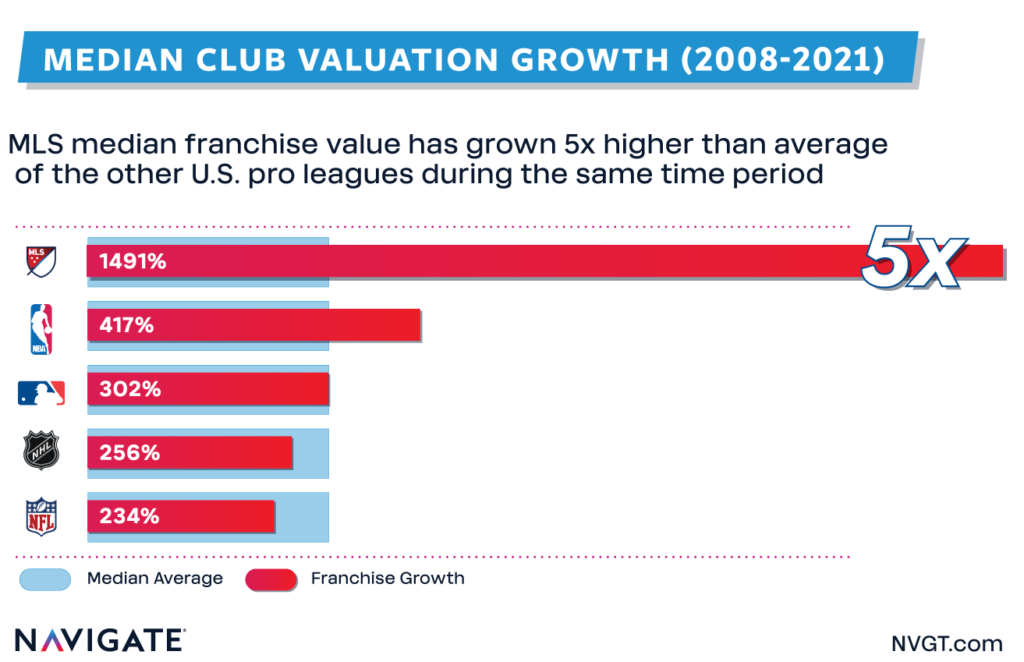Physical Address
304 North Cardinal St.
Dorchester Center, MA 02124
Physical Address
304 North Cardinal St.
Dorchester Center, MA 02124

The MLS continues to demonstrate remarkable growth in 2025, largely fueled by strategic partnerships that enhance the league’s global appeal. Collaborations with international clubs, influential sponsors, and media giants have led to increased visibility and investment, further solidifying MLS’s place in the global soccer ecosystem. Such partnerships are essential in elevating the league’s profile and enticing top talent to consider MLS as a viable career destination.
Expansion and infrastructural development have also contributed significantly to MLS growth. The introduction of new teams and state-of-the-art stadiums across North America has expanded the league’s footprint, attracting fans from diverse demographics. These new venues not only offer modern amenities but also create a vibrant matchday experience that resonates with fans, making MLS games an attractive entertainment option.
Youth development initiatives are at the heart of MLS growth, with clubs investing heavily in academies and training facilities. By nurturing homegrown talent, MLS teams are ensuring a steady pipeline of skilled players who are well-versed in the league’s unique style of play. This focus on youth has positioned MLS as a leader in player development and a potential source of future international stars.
The Designated Player Rule continues to be a cornerstone of MLS growth, allowing teams to sign high-profile players who bring both skill and star power. These signings not only bolster squad quality but also draw international attention, elevating the league’s status worldwide. The presence of marquee players has been instrumental in attracting new fans and media coverage.
Innovative fan engagement strategies are redefining how supporters interact with MLS teams. Through digital platforms, personalized experiences, and community outreach programs, clubs are building strong connections with their fan base. These efforts are reflected in increased match attendance and vibrant fan culture, which are critical components of the overall MLS growth strategy.
The evolution of broadcast and media rights has played a vital role in MLS growth. Lucrative television deals and streaming partnerships have expanded the league’s audience, making matches accessible to wider demographics. The increased availability of MLS content has fostered a global fan base, providing advertisers with lucrative opportunities to tap into a diverse market.
Finally, MLS growth is underpinned by a long-term vision that emphasizes global competitiveness. By focusing on enhancing player quality, improving league operations, and aligning with international standards, MLS aims to compete with top leagues around the world. This vision is crucial for sustaining growth and achieving the league’s ambitious goals.
In summary, MLS growth in 2025 is the result of a multifaceted approach that combines strategic alliances, infrastructural investment, and innovative fan engagement. These elements collectively position MLS as a burgeoning force in world football, with the potential for continued expansion and influence. For more on MLS strategies and insights, explore further at MLS Soccer.